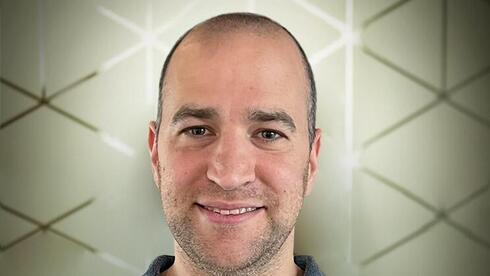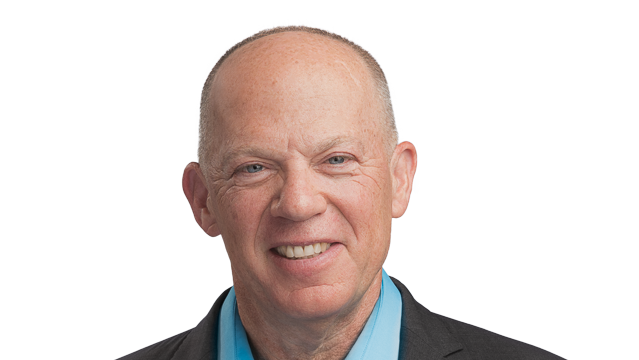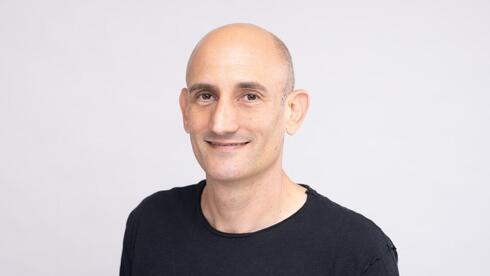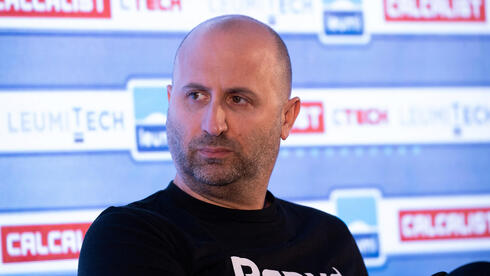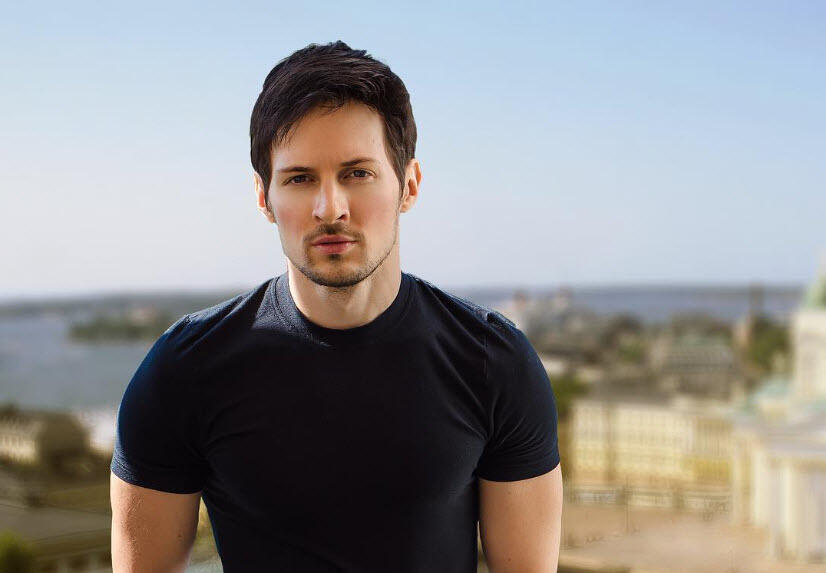
After Durov’s arrest, could Elon Musk be next?
After Durov’s arrest, could Elon Musk be next?
The arrest of Telegram CEO Pavel Durov in France marks a change of direction in the regulators' efforts to maintain order in the face of rampant disinformation and racism on social media, this time while imposing personal responsibility on the owner. No wonder Musk is promoting a campaign for his release.
France is desperate. And it’s not alone. Governments and regulators worldwide, struggling to control the surge of disinformation, incitement, racism, AI fakes, foreign agents, and terrorist organizations on social media platforms, are in despair. After years of efforts, legislation, hearings, threats, and fines, attempts to control the chaos in social media have largely failed. In many ways, the situation today is much worse than it was eight years ago, when Russia turned Facebook into a tool to disrupt the U.S. presidential election.
When you’re desperate, you take desperate measures. In France’s case, this step was the arrest of Telegram founder and CEO Pavel Durov upon his arrival at an airport north of Paris on the night between Saturday and Sunday. The reason, according to reports in local media: Durov is suspected of failing to take necessary steps to prevent criminal activity on Telegram. The outcome of this affair remains uncertain, but it could signify a new direction in regulators' efforts to bring order to social media.
A new enforcement agency
"Until now, the fight against social networks has been through lawsuits, administrative fines, appearances, and hearings before elected bodies and courts," Dr. Tehilla Shwartz Altshuler from the Israel Democracy Institute told Calcalist. "We haven’t yet seen personal responsibility at the level of arrest. The fact that the European Union and France targeted Telegram by arresting its CEO shows that the Union is no longer content with cleaning up the main platforms. There's a growing understanding that without addressing fringe platforms, it will be impossible to achieve the goal of reducing crime, terrorism, and disinformation on the networks."
According to an AFP report, the arrest warrant against Durov was issued at the request of OFMIN, a new law enforcement agency established in November to combat violence against minors. The arrest is part of a preliminary investigation coordinated by the agency, which deals with crimes including drug trafficking, online bullying, organized crime, and support for terrorism. The investigation into Telegram focuses on the lack of content monitoring within the app, which, according to the police, has allowed criminal activity to proceed unhindered. The Secretary General of OFMIN, Jean-Michel Bernigaud, confirmed Durov's arrest in a LinkedIn post, adding: "At the heart of this issue is a lack of content monitoring and cooperation on the platform (which has almost a billion users), especially in the fight against pedophilia." According to AFP, Durov may also face accusations of enabling drug trafficking and promoting terrorism on Telegram.
"Telegram abides by EU laws, including the Digital Services Act — its moderation is within industry standards and constantly improving," said the company, which operates from the United Arab Emirates, in a response posted on X (formerly Twitter). "Telegram's CEO Pavel Durov has nothing to hide and travels frequently in Europe. It is absurd to claim that a platform or its owner are responsible for abuse of that platform. Almost a billion users globally use Telegram as means of communication and as a source of vital information. We’re awaiting a prompt resolution of this situation."
Durov, born in Russia, holds French and Emirati citizenship. He fled Russia in 2014 after selling his stake in the social network he founded, VKontakte, amid pressure from Russian authorities. Telegram has a long and troubled history of failing to handle harmful content, a result of the company’s very permissive content monitoring policy. The platform is considered a preferred hub for violent groups or those with violent tendencies, including extremist Islamic and far-right activists. Amid the wars in Ukraine and Gaza, Telegram has become both an alternative source of on-the-ground information, especially in areas with unstable communication, and a significant distributor of disinformation.
"Telegram has become the most fertile platform in the world today for illegal activities of various kinds," Shwartz Altshuler said. "This is not about innocent teenagers enjoying content. Those who fail to distinguish between freedom of expression and criminal activity create a fog that allows criminal elements to emerge from Telegram and flood the real world with such activity. The recent riots in Britain, which developed from Telegram, are an excellent example of this."
Since the October 7 attack, Telegram has been used by Hamas as a central platform for spreading its propaganda, becoming a prominent point of departure for pro-Hamas messages. Among other things, it hosts an official channel of the organization's military wing. Initially, Telegram refused to comprehensively block this activity, opting instead for selective removal of harmful content. Later, in response to pressure from Google, which threatened to remove Telegram from the Android app store, the application made a U-turn and blocked some Hamas channels, but only in the version downloaded from the Android store.
Shwartz Altshuler noted that one of the significant aspects of the October 7 attack was the use of GoPro cameras to film the events and upload the videos to Telegram. "These videos contain real, offensive, cruel, and gruesome content—the basis of our collective trauma. Telegram has become a network in the service of the bloodiest terrorist operations in history, of which we are unfortunately among the victims. The world should say 'enough' to the immunity of Telegram, which has become the home application for all the world's wackos—from conspirators to Neo-Nazis, from criminals to terrorists. Israel should thank France."
At the same time, an online campaign calling for Durov's release began to spread, under the hashtag #FreePavel, promoted by X's controlling owner, Elon Musk. "POV: It’s 2030 in Europe and you’re being executed for liking a meme," Musk wrote in a post. It’s understandable why Musk opposes Durov's arrest: He himself introduced a particularly permissive content policy on X and has real reason to fear that he could be the next CEO to enter the wanted list.
"The arrest reflects the growing frustration of countries against the power of international technology platforms," said Prof. Eran Toch, head of the Industrial Engineering Department at Tel Aviv University. "Countries are struggling to force platforms to operate the way they want, and the tools available to apply pressure on a lean organization like Telegram are limited. When Telegram doesn’t have an office in a country like France or Germany, doesn’t have an advertising system, or agreements with local companies, there’s no interface that allows countries to exert pressure. Then we see extreme measures such as imprisonment."
Independent far-right broadcaster Tucker Carlson noted, "The arrest is a warning to any platform owner who refuses to censor the truth on behalf of governments and intelligence agencies." Other users compared Durov's arrest to that of WikiLeaks founder Julian Assange. An X user wrote: "We don't live in a sane world if war criminals walk around freely and those who expose them without censoring the truth are imprisoned."
Shwartz Altshuler dismissed these arguments: "I don't see this as a serious violation of freedom of expression unless that freedom means the ability to plan wars so that horror videos can be distributed via Telegram. The distinction between the responsibilities of users and the responsibilities of platform owners is the most important distinction of our generation. The Western world is beginning to understand that it’s no longer possible to let irresponsible players own platforms with such a high potential for harm and leave all the responsibility on the users."



